Plant Protein Vs Whey Protein: 8 Points to Know Which Protein is Better and Why?
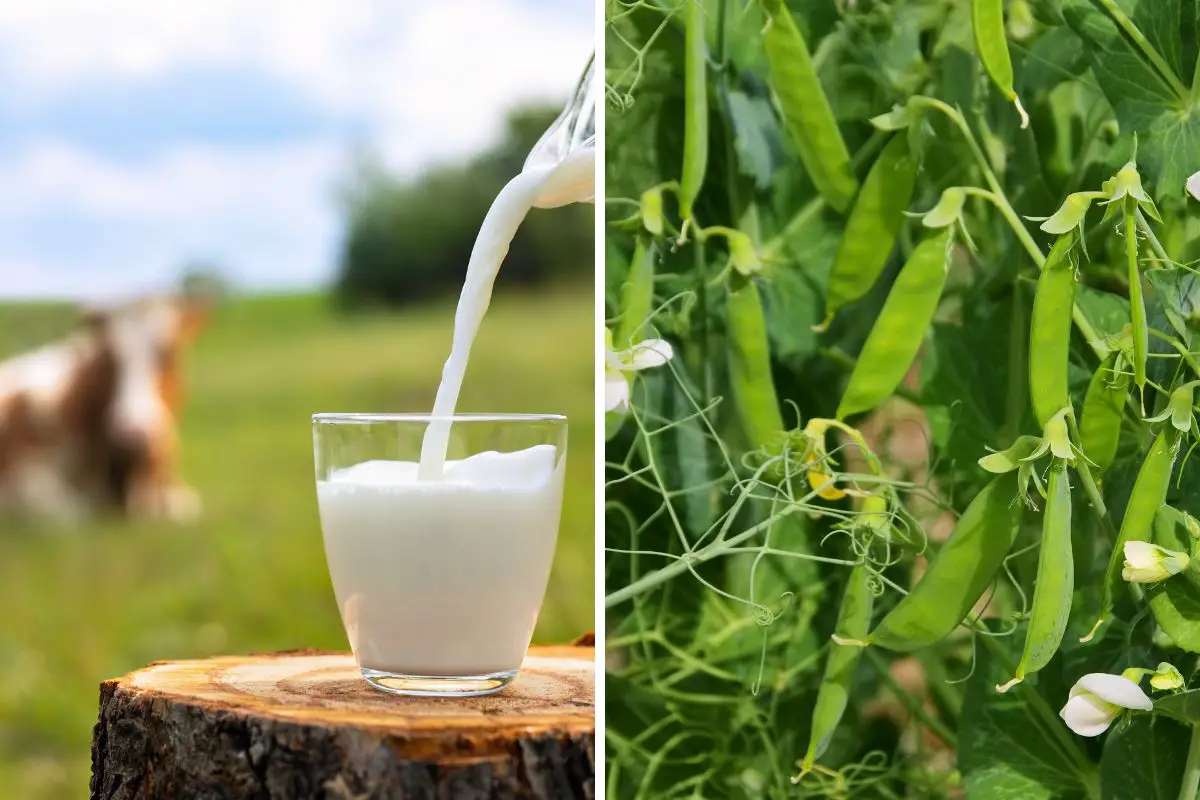
Introduction
What is the difference between plant protein vs whey protein supplements? What is the impact of the use of these substances on the performance of athletes? This article will clarify these doubts below.
Protein is one of the three important macronutrients. Protein is a general term used for a class of organic compounds, amino acids. Amino acids can further be divided into two classes, based on human nutritional needs, i. e, essential and non-essential. Where essential amino acids are those that, the human body does not form. Therefore, we need them in the form of whole foods or whey protein.
Plant-based amino acids, both essential and non-essential are present in rice, pea, and soy protein supplements. But first, let’s forecast that the potato should soon be a strong part of this group and might become important in the evaluation of plant protein vs whey protein.
Researchers at McMaster University found that the potato, best known for its carbohydrates, can be a great source of plant-based protein and helps with muscle maintenance. The Canadian study showed that even though the amount of protein found in potatoes is small when isolated it can offer great muscle gain benefits for people who choose vegan or plant-based diets.
The research was conducted using two groups of women in the age bracket of 20 years who practiced physical exercises frequently. The first group consumed only the normal recommended amount of protein, approximately 0.8g per kilogram of body weight, while the subjects from the other group consumed protein isolates from potatoes, additionally. This doubled their daily intake to 1.6g per kilogram, of their body weight.
The researchers found that the female participants who consumed the additional protein isolates from potatoes showed an increase in the rate of protein production in their muscles. While the other group showed no change. The study provided an initial answer to the comparison of plant protein vs whey protein. This finding was important in debunking the myth that plant-based nutritional supplements are not as effective as animal-based.
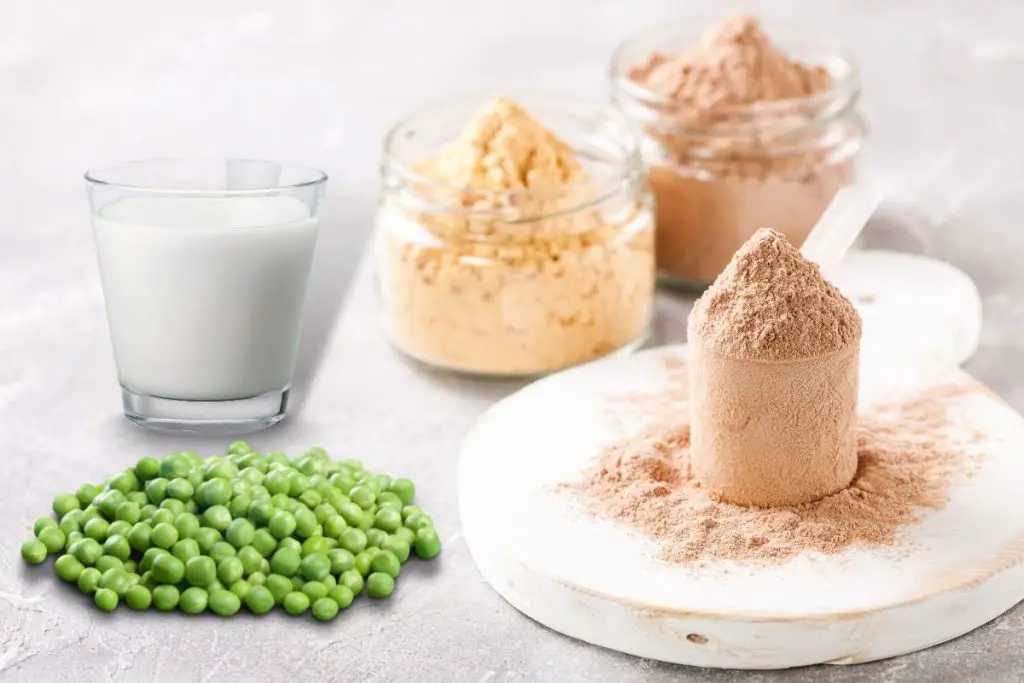
Plant Protein Vs Whey Protein: Differences
You’ve probably heard or seen plant whey protein in supplement stores. Even with commercial use, the nomenclature is not correct, since whey protein is the term that refers to animal-based protein. Therefore, the word whey should only be used to refer to a product of animal origin when labelling products for plant protein vs whey protein.
Plant protein supplements are based on peas, rice, and soy, among others, as explained by nutritionists.
- The difference between plant protein vs whey protein lies in their amino acid profile. Out of all, there are 8 amino acids are not produced by the human body, the essential amino acids, and therefore their daily intake is necessary.
- Proteins of animal origin have all these amino acids, while plant proteins lack or contain very small amounts of one or more essential amino acids. But each plant-based protein food has a different amino acid profile. What one lacks is available in another. Hence the need to include more than two varieties of grains and seeds in each meal can overcome the inherent deficiency of a single plant-based source.
- A good example of food combinations that complement each other in terms of amino acids is the pairing of rice and beans.
- The nutritionists explain that the amino acid that is missing in one, can be found in the other and vice versa. Therefore, we can form a complete protein when we eat these two foods together. But don’t assume that in the comparison of plant protein vs whey protein, vegan protein supplements are inferior in amino acid profile compared to animal protein. Nutritionists generally agree that the vegan option does not disappoint.
- Plant protein supplementation, in recent studies, showed better absorption when compared to whey protein. Therefore, on analyzing plant protein vs whey protein, the vegetable protein from both rice and peas can provide all the amino acids needed for proper protein synthesis and muscle recovery.
- A surprise to many, there is no evidence to show that vegetable protein supplements are less efficient in relation to milk whey protein.
- A study published in the Nutrition Journal examined the impact of plant protein vs whey protein supplementation on the body composition of subjects undergoing resistance training. This study concluded that, after eight weeks of supplementation, both groups increased muscle mass and reduced body fat without showing significant differences between those using whey and those using rice protein, explained the researcher.
- Interestingly, many think that not enough protein yield can be obtained from plant-based sources. In another comparison of plant protein vs whey protein, the plant-based pea protein contains about 85% protein, compared to whey protein isolate which contains approximately 88% protein. In addition, pea protein has significant amounts of essential amino acids such as leucine, which plays a decisive role in stimulating protein synthesis in muscles.
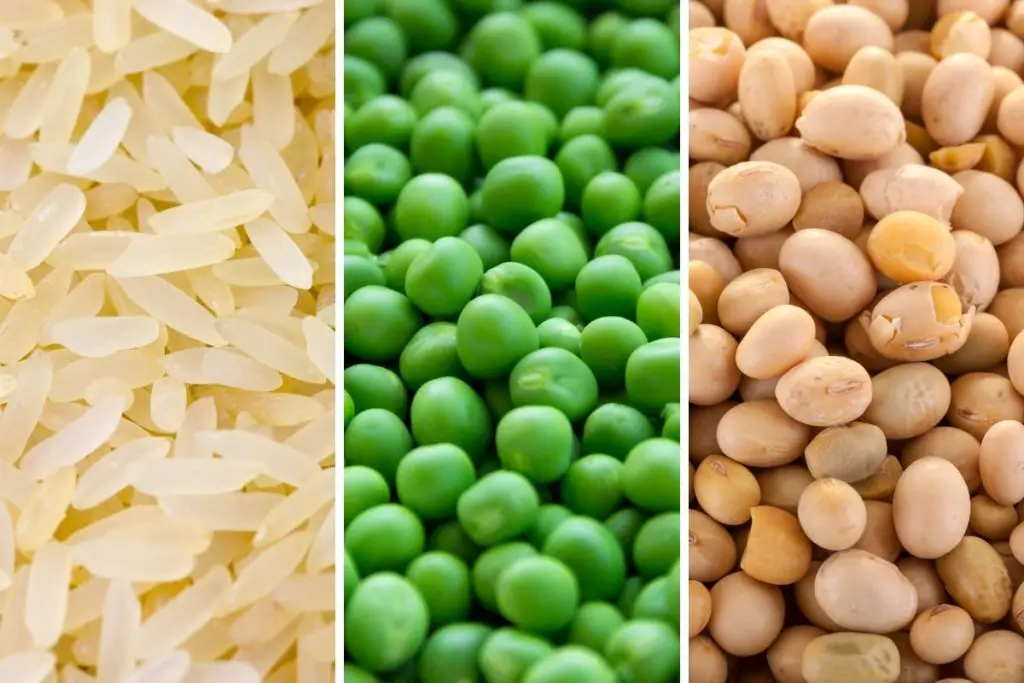
Protein and Muscle Performance
When we exercise, we break down protein from muscle tissue. To ensure the muscles stay strong it is necessary to rebuild them. One of the amino acids with a fundamental role in this process is leucine, which inhibits the breakdown of proteins in the muscle and helps in the maintenance of muscle mass. Therefore, sports practitioners must pay attention to the adequate intake of the substance to ensure good physical performance, no matter whether it comes from a source of plant protein vs whey protein.
For muscle mass gain, in addition to the quality of ingested proteins, the quantity must be proportional to body weight. According to the National and International Sports Nutrition Guidelines, the recommended amount is 1.4 grams of protein per kilogram of weight.
Plant Protein Vs Whey Protein: Suggestions for consuming Plant Protein
A 70-kilogram man should eat at least 98 grams of protein a day, the equivalent of 120 tablespoons of cooked beans. And because he needs a large volume of food to reach the necessary amount of daily protein, vegetable protein powder supplements can guarantee approximately 30 grams of the nutrient per meal.
If you are in doubt about the best vegetable protein option to ingest to ensure the efficiency of your workouts, both rice, and pea-based options are great alternatives.
Isolated rice or pea protein are effective options for increasing muscle mass and increasing potency and strength when comparing plant protein vs whey protein.
A study conducted on subjects who did strength training and consumed pea protein in the morning and after training was compared with another group that consumed whey protein. This study revealed that after 12 weeks, the results were equivalent for both groups. Thickness, arm circumference, and strength were evaluated and the results proved that pea protein is an alternative to whey protein.
Rice And Pea Protein Combo Supplementation
We recommend a combination of rice and pea protein supplementation. One can even add soy protein as a third source. When mixed together they provide methionine, leucine, and lysine in optimal doses, making the scores equal for plant protein vs whey protein.
If you want to better understand the difference and benefits of each vegetable protein, check out the main characteristics of each one below.
Rice Protein
It is a great alternative for gaining muscle mass as it has a high content of branched amino acids (BCCA), including methionine and leucine. Both are essential for the regeneration of muscle cells. This protein does not contain lysine, which makes it necessary to supplement the diet to obtain this amino acid.
Pea Protein
It is also very suitable for those looking to increase muscle mass, as it is rich in iron, zinc, and BCAA, in addition to having a high amount of lysine. Pea protein is a great alternative for hypertensive patients, as the arginine present in the food is an excellent vasodilator, which contributes to lowering blood pressure. This option has low amounts of methionine, so it is necessary to include whole grains in the diet to compensate for this amino acid.
Soy Protein
Soy protein has high concentrations of arginine and L-tyrosine (higher than the concentrations found in traditional whey protein) and has an excellent rate of absorption of these substances. Its consumption contributes to the reduction of cholesterol levels and its supplements offer a complete vegetable protein. However, many athletes choose not to consume this protein because they do not know if it comes from a transgenic grain.
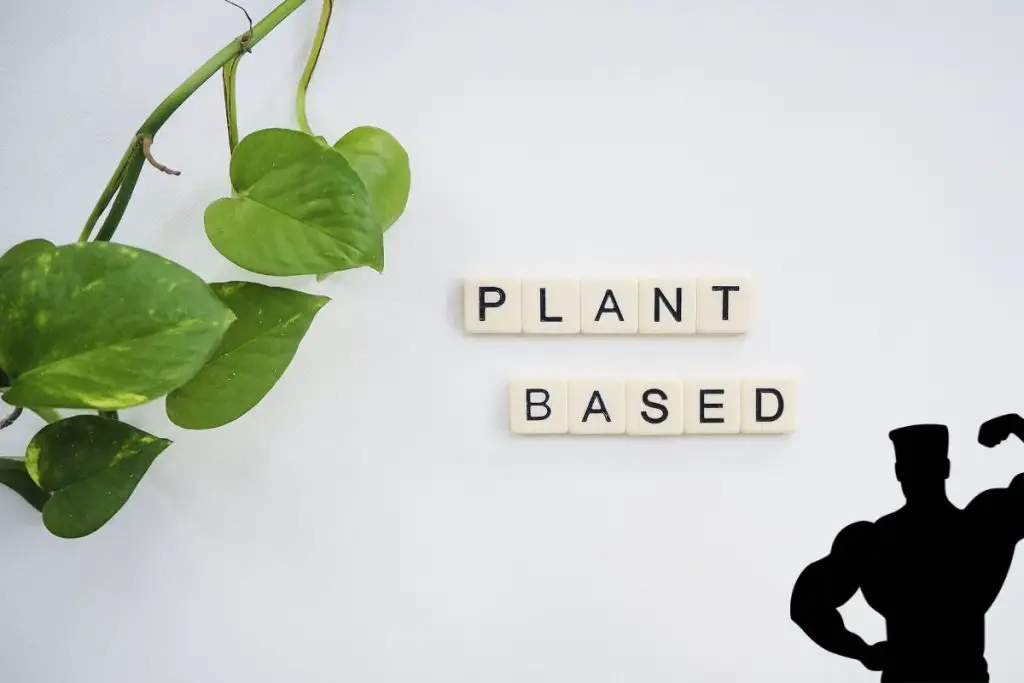
Plant Protein Vs Whey Protein: Which of the following protein is better?
Both types of proteins are almost equally beneficial. Nevertheless, some studies suggest plant protein be better due to its bioavailability in the human body.
Is Plant Protein from a single source sufficient to provide enough Essential Amino Acids?
No! One plant-based source is not enough to provide all the essential amino acids. One has to consume a combination of two or more plant-based sources to get all the essential amino acids.
Does any Plant Protein provide Branched Chain Amino Acids?
Yes, both rice and pea proteins provide a good amount of BCAAs.
Summary
The recent studies suggest that vegetable protein is not less in any way when we draw the title comparison of plant protein vs whey protein. It is recommended for the protein manufacturing companies to promote the plant-based proteins to attract vegan customers.

Hi, I am Humayun, I hold MS and PhD degrees in Chemical Sciences from Germany. Currently I am working as faculty at the Department of Chemistry, Food Science and Technology, at a Public Sector University. I have immense interest in the fields of Food Science and Sports Nutrition.

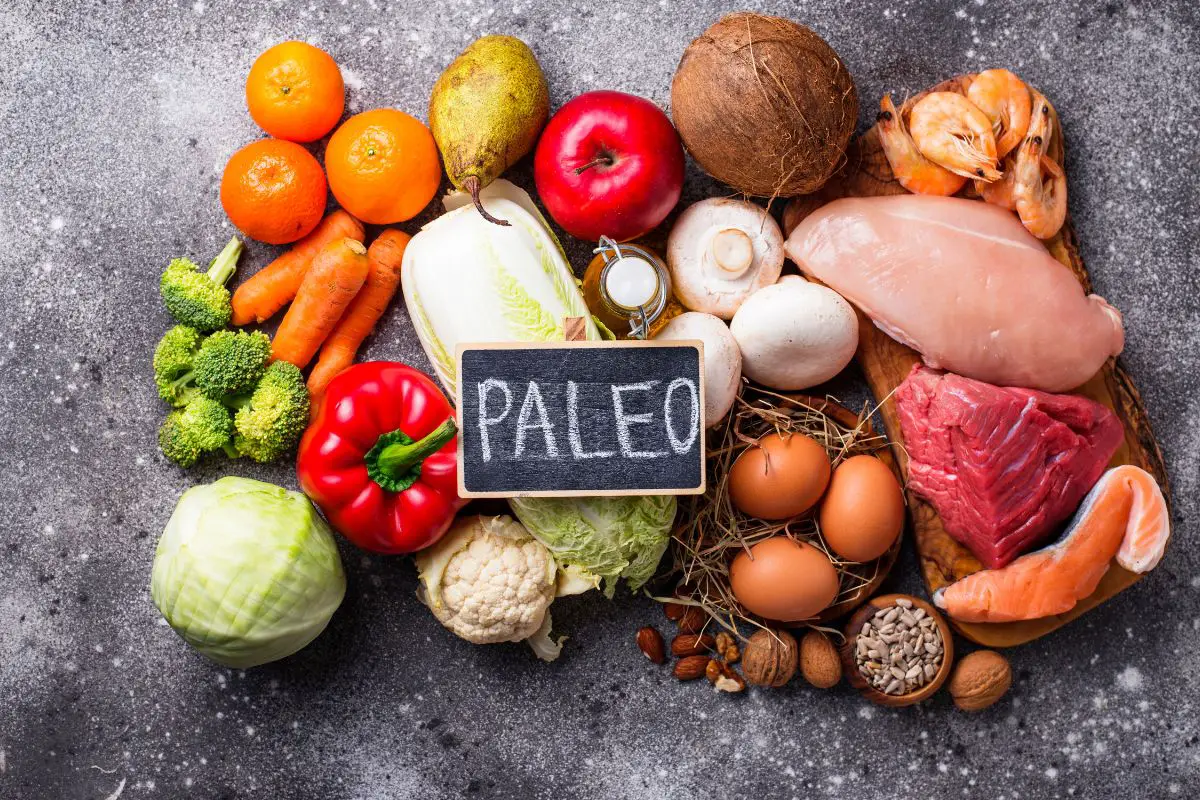

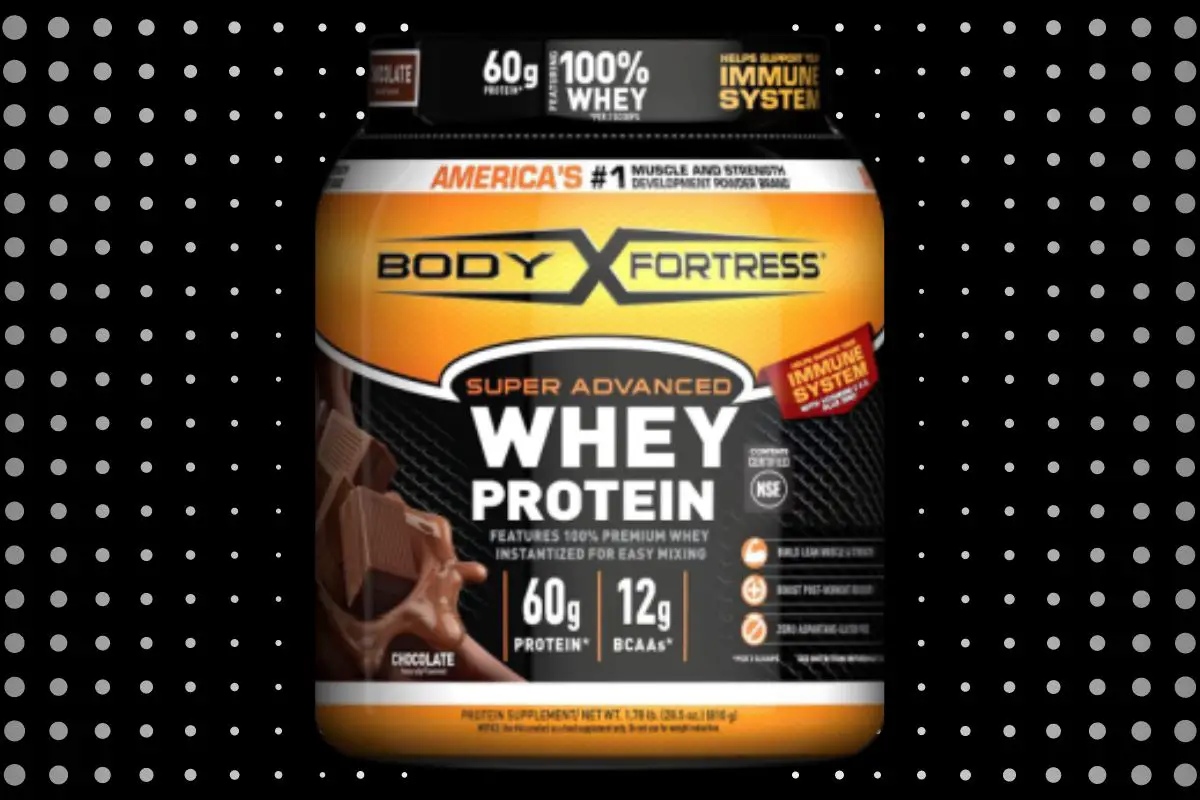

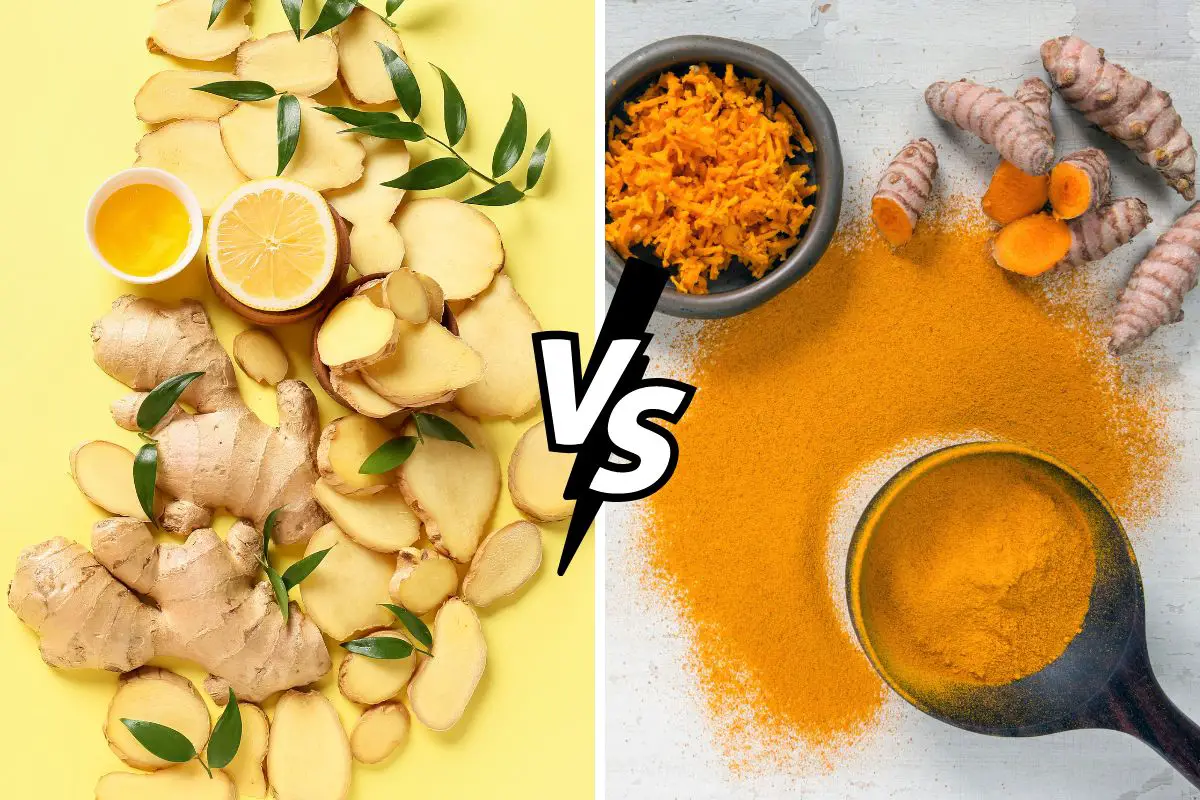
One Comment